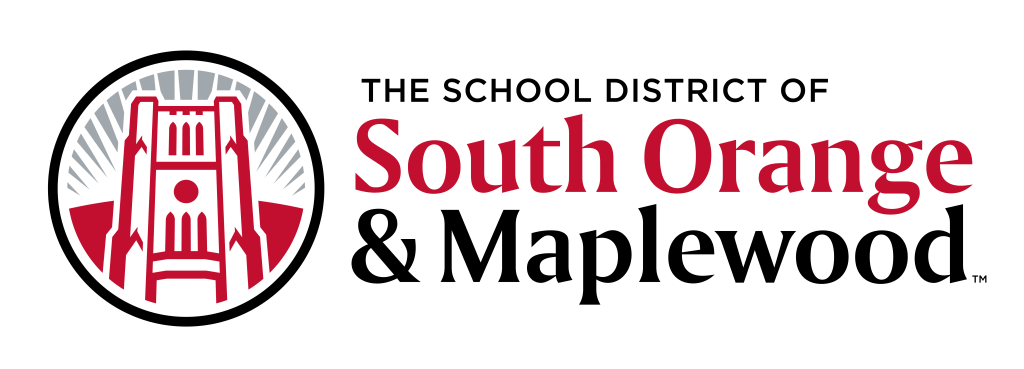Mathematics
Ms. Kimberly Beane
Supervisor of STEM, K - 8
e: kbeane@nullsomsd.k12.nj.us
p: (973) 762 - 5600 ext 2131
Ms. Corrina Parsio
Supervisor of STEM, 9 - 12
e: cparsio@nullsomsd.k12.nj.us
p: (973) 762 - 5600 ext 1241
Mission
The primary purpose of the Mathematics Program is to enable all students to acquire the mathematical skills, understandings and attitudes that they will need to be successful in their careers and daily lives.
Goals
The primary goals of the Mathematics Program are as follows:
Students will:
- Become mathematical problem solvers
- Learn to communicate mathematically
- Learn to reason mathematically
- Learn to value mathematics
- Become confident in their own ability
The achievement of the Mission Statement and Goals requires a synergy between math content, instructional delivery, and assessment. This can be accomplished through the following secondary goals of the Mathematics Program:
Learning Environment Goals (The expectations for learning environments are cited in the New Jersey Mathematics Frameworks):
- All students’ mathematical learning will embody the concepts that engagement in mathematics is essential, and that decision-making, risk-taking, cooperative work, perseverance, self-assessment, and self-confidence are frequently keys to success; and
- All students will be evaluated using a diversity of assessment tools and strategies to provide multiple indicators of the quality of every child’s mathematical learning and of overall program effectiveness.
Equity and Excellence Goals (The programmatic goals of equity and excellence and the integration of technology include):
- Providing opportunities to reason and communicate;
- Addressing challenges and strengths students bring with them;
- Aiming to meet the needs of students with diverse experiences and interests, including those who are especially inclined toward continued study of mathematics;
- Insuring that students who need the most assistance in mathematics have access to an excellent mathematics instructional program that provides solid support for their learning and is responsive to their prior knowledge, intellectual strengths, and personal interests; and
- Anticipating and responding to the changing needs of an increasingly technological and quantitative world.
Instructional Goals (The mathematics curriculum and its implementation are based on a renewed commitment to particular principles and components which provide focus and emphasis in mathematics teaching and learning):
- Equity and excellence;
- The development of mathematical content through mathematical processes;
- Meaningful activity and discourse;
- Developmentally appropriate tasks; and
- The application of technology.
Curricular Goals (The New Jersey Core Curriculum Content Standards for Mathematics andthe New Jersey Mathematics Frameworks influence the delineation and articulation of the mathematics curriculum):
- Provide explicit and extensive curricular guidelines and instructional support for teachers;
- Provide a vehicle for focused, sustained efforts toward the continuous improvement of students’ mathematical education in school;
- Identify the mathematical content and processes students should know and be able to use as they progress through school;
- Identify mathematical materials and programs that will provide all students with high-quality mathematics experiences within and across the grades; and
- Provide a resource that identifies the range of mathematics addressed, guides decisions regarding strategies and materials, and offers appropriate meaningful forms of assessment.
